Guide About Harvest vs Toggl vs Timely vs Rize will be described in this post. Most time tracking tools simply label this time as “browsing” if you’re like most people and spend the majority of your day in a browser (like Arc). However, if you install the Rize browser extension, it will actually further categorize your time based on the websites you’re actually visiting.
Harvest vs Toggl vs Timely vs Rize Complete Guide For 2024
In this article, you can know about Harvest vs Toggl vs Timely vs Rize here are the details below;
You may have to invest some time in the beginning classifying some websites and applications (for example, how would it truly know what you want to classify your time as in your CRM?). “Sales” , “Business Development” , “Relationship Building” perhaps? or a very generic term such as “Work”).
Rize’s real assets are its lovely reports, which are automatically emailed to you every week or month to let you know how focused you’ve been and how to change some of your habits:
But when you get down to the granular levels, problems begin to arise quite rapidly. I mean, I work at Webflow right now, so I guess it counts as “content creation”? Sorry, but that’s already the case—my rule designates Webflow time as “Web Development” since, for the most part, it is. You can certainly see where this leads to inaccuracies, though, so how can that really ever be resolved, in my opinion? It’s such a nebulous complication, and it doesn’t even seem like anything that OpenAI can address.
Even while you can now go deeper and monitor your time against “Clients” and “Projects,” it is extremely evident that this area is merely a “add-on” because it lacks team functions, isn’t very powerful, and isn’t simple. I wouldn’t trust Rize to handle any important client time reporting because of this.
Overall, Rize is a fantastic time monitoring application that is primarily focused on individual productivity, and it does a great job at it. A team-focused time tracking application like Harvest or Toggl is what you should choose if you’re searching for something more for your team, together with true deep reporting on budgetary utilization and team capacity planning.
One key note: Rize is only available as a desktop program. If you’re looking for a web app, you’ll need to pass on it for the time being.
The Automatic Tracker: Timely
At first look, Timely’s comprehensive “automatic time tracking” capabilities (almost identical to Rize’s, but with a stronger emphasis on teamwork) seem to set it apart from rivals like Harvest and Toggl.
The more these technologies can “do it automatically” (especially with the help of machine learning and AI), the better, since time monitoring is a very laborious undertaking. Okay, so…
The same problems that we raised in the Rize thoughts apply here as well, however they are further complicated. You will undoubtedly spend significant amount of the time using your preferred browser, Arc, since you are likely like most people and use it for work most of the time. In addition to hundreds of random URLs that are tossed at you and that you need to sort through:
That’s great, so it will simply state that long URLs will work with Arc (or Chrome) 99% of the time. How precisely is that helpful?
They excel at #1 with all of these “automatic time tracking apps”: Define and classify the application you are using (browser = browsing, for example) → Next comes #2: You still have to make sense of all the URLs you visited and relate them to the ongoing initiatives.
Alright, so you’re using Facebook Ads, which is obviously under the “Ads” category. Yes, exactly! Let’s imagine you are a business owner. Are these Facebook advertisements for client X or client Y? Since you already knew that you spent a lot of time on Facebook ads today, it’s actually impossible to tell using these tools.
Having said that, only your team truly knows what work is done for clients or internally, as well as the precise tasks that are being completed (and for how long).
Go read about Rize (instead of repeating here) if you’re interested in learning about the additional pain points that arise from this even with a more potent AI time monitoring tool.
Therefore, if you remove the automatic time tracking capabilities from the competition, Harvest or even Toggl would be far superior from a UI/UX and functionality standpoint.
The Time Tracking + Billing Suite: Harvest
The primary distinction between Harvest and Toggl + Timely is that Harvest’s robust invoicing and billing tools enable you to track time and generate invoices based on that time without ever leaving Harvest.
However, because time tracking is the primary topic, let’s concentrate on it for a minute. Harvest takes a far more straightforward approach to time blocking than Toggl and Timely do. This is actually advantageous right now. Allow me to clarify:
Harvest is more concerned with only monitoring classified time chunks (tasks) across clients/projects than it is with the timeline/calendar perspective of time tracking (e.g., what did you get done at each time of the day).
Their strategy is more minimalist in that it causes less overwhelm as opposed to occasionally barging you with an excessive amount of info in an attempt to help you figure out what you did.
For example, the majority of users of Timely that we are aware of stop all auto-time categorization because, as the Timely + Toggl pages show, it is almost hard to link the time that is automatically tracked to collaborative client or project work. Also check applicant tracking systems.
Client reporting is fundamental to Harvest because it was first developed as an internal tool for a marketing agency to the track all of their client work. Since then, Harvest has grown to accommodate hundreds of thousands of users at over 70,000 companies.
There are built-in features for determining who is lucrative, who is heading toward going over budget, and all the handy billing and invoicing tools to manage it all. (It even has a robust native QuickBooks Online connectivity, allowing for recurring custom invoices and PayPal + Stripe payments).
Every customer, project, and comprehensive budget, expenditure, and costs are all visible in one easy-to-access location in the project view:
Establish budgets or recurring hours that are automatically reset every month.
Examine more closely to determine precisely where, how, and for what purposes your team has used the allocated funds.
Harvest continues to work with your calendar in the same way as the other apps, bringing up your daily meetings (and tasks, if you use a time-blocking app like Motion). With Harvest, however, the “what time of day” is irrelevant, thus it’s simpler to just enter and exit without worrying about the specifics:
Harvest makes it simple to enter tasks and events from your calendar, and it can automatically fill in projects and tasks for recurring activities and events.
Additionally, Harvest offers a very useful desktop application for the Mac OS X and Windows that lets you see when your timer is running and even takes away the AFK (away from keyboard) time that occurs when you leave your computer and return later without remembering to switch it off:
Time is being actively tracked by the MacOS Harvest App in the dock.
Harvest is something we use and adore at Efficient App. have been utilizing it for almost ten years. We have been able to thoroughly integrate Harvest into numerous internal processes because to their robust API.
The Focused Time Tracker: Toggl
Like Timely, Toggl focuses on “what did you do at various times throughout the day” and is primarily a timeline/calendar application. The question is, does it really matter what time of day you do something? or how much time was actually spent?
We found that whenever you track time, you had to consider the start and end times, which could be a bit tiresome. It is common to be more in the “I worked on the X client task for the 30 minutes” category, and the more work it takes to get it added, the harder it will be for your staff to develop the time tracking habit (which takes time to acquire).
Toggl’s early design prioritized “track time against client/project” over “what have I done” start/stop functionality, as evidenced by the relative relevance of each while monitoring time.
Their priority is as follows: #1 for what was completed, #2 for which project or client? What tag (i.e., “Harvest task”) #3 #4 Chargeable (or not chargeable), Time of start (#5), time of stop (#6), and “for how long” (#7).
Consider using a time tracking program such as Harvest, where the client is the top priority, followed by the structured work (billable or non-billable), optional notes, and the duration (if blank, the time tracking clock simply starts):
Now picture adding a task five or ten times a day. In contrast to Harvest, Toggl requires you to consider three or more extra actions every time. Every time, it just makes me more mentally exhausted.
It is evident that Harvest was designed to efficiently track billable and non-billable time to clients and projects, whereas Toggl was intended to measure time against completed tasks (with less emphasis on who completed the work and how it was organized).
Now, let’s compare the Timely automated time monitoring feature to this one.
They share the same shortcomings as Timely and Rize when it comes to automatically tracking “useful” data, even though they don’t go as far as Timely does in this regard. This is because the majority of people’s work is done in browsers 99 percent of the time.
The desktop application will show you that all of your browsing activity will be labeled with the browser’s name (in this case, Arc):
The Toggl desktop application has enabled active app tracking.
Therefore, you’re not really getting much to go on from all of this monitoring of open windows and programs in terms of valuable data, especially when attempting to remember what work was done and for which customer or project. Also check Apps like Klarna
Although Rize is more of an individual productivity tool than a full team time tracking tool, it is still the greatest “automatic time tracking” tool available on the market for delivering the most comprehensive and useable data of any program.
It is very crucial to know that Toggl does not support billing or invoicing in any way. Therefore, even if you can track all of your time, you will need to manually create invoices using a competent invoicing application, such as Harvest or QuickBooks Online, in order to generate invoices based on the real time that was tracked.
Toggl is the second-best team-focused time tracking tool we’ve looked at, but it’s still not a good option if you require any kind of invoicing functionality.
Our Final Thoughts
We would rank Harvest as the best team-focused time tracking tool out of all of the ones we’ve looked at, because it’s the most user-friendly and comprehensive; Toggl is ranked #2, but it’s still not a good option if you need any kind of invoicing capability); and Timely is ranked #3, because we prefer it over other time tracking apps like Clockify, Timetta, and others—we didn’t review those because we think their UI/UX is outdated and they’re primarily focused on the “cheaper” market, which is not something we think is suitable for teams over the long run.
Rize is the undisputed leader in terms of individual productivity; they have the most sophisticated auto-categorization and are the most “set it and forget it” users. We simply urge you to choose one of the other programs listed if your time tracking tool requires team cooperation in any way.
Need assistance integrating any of the previously mentioned time-tracking software? Things like your time tracking tool automatically create clients and projects if you win an opportunity in your CRM, etc. Make sure to inform us of your needs!

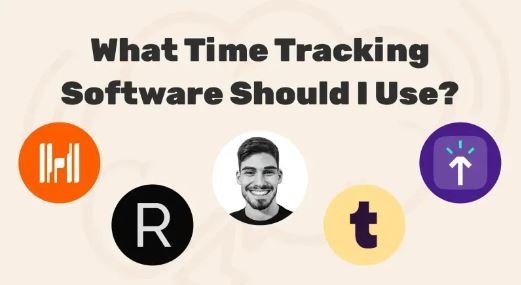
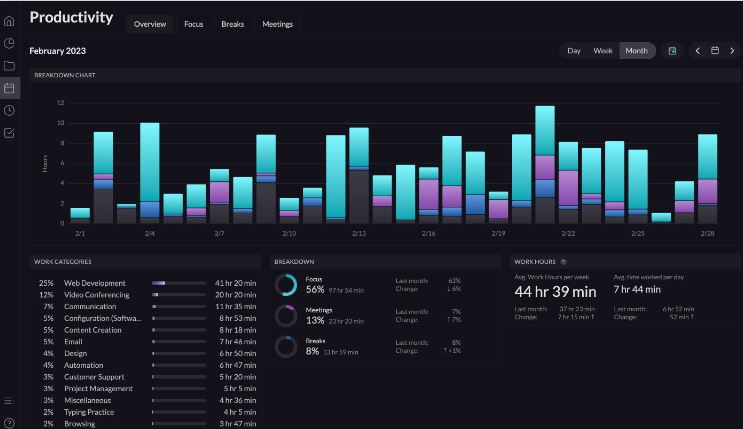
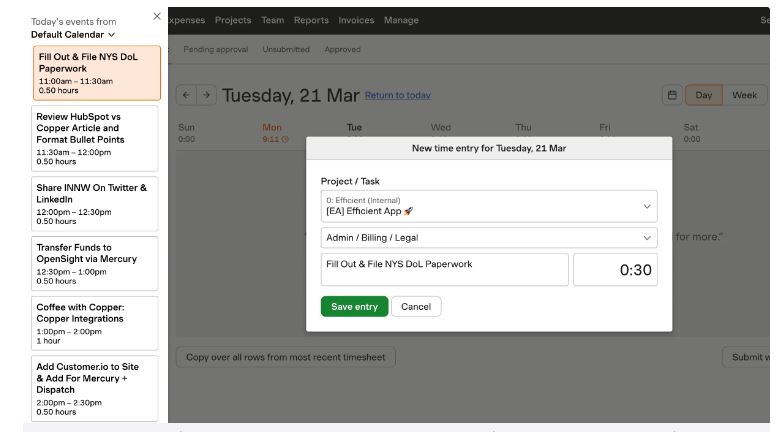
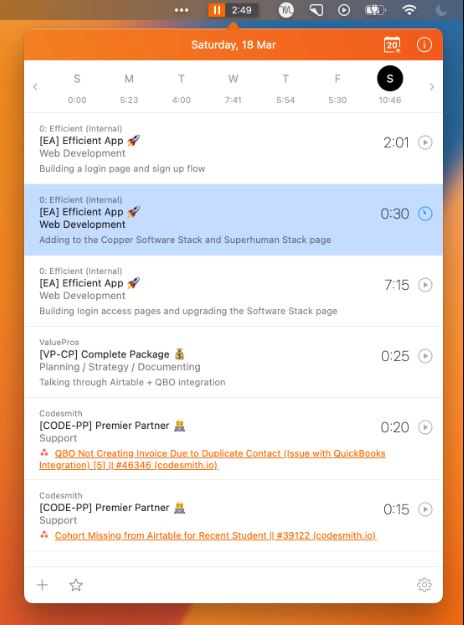
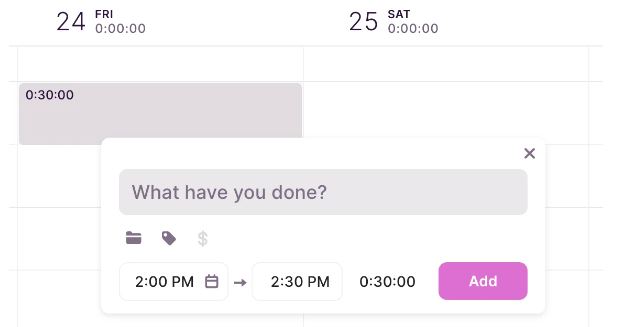
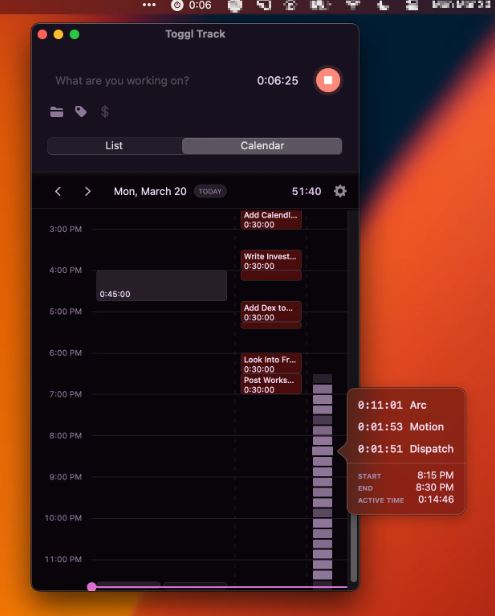

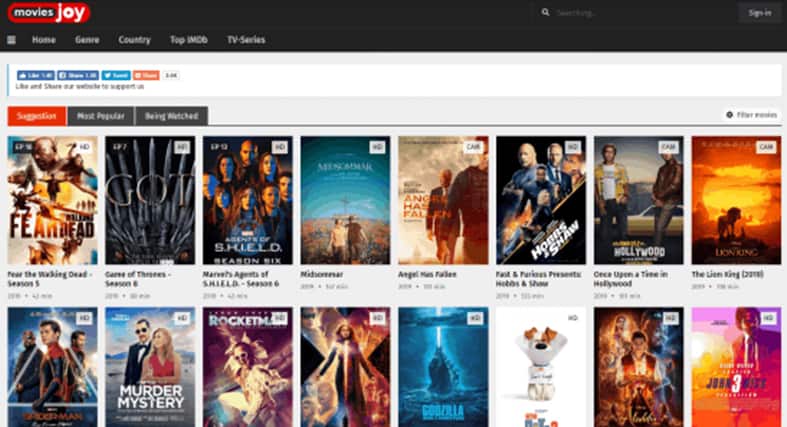
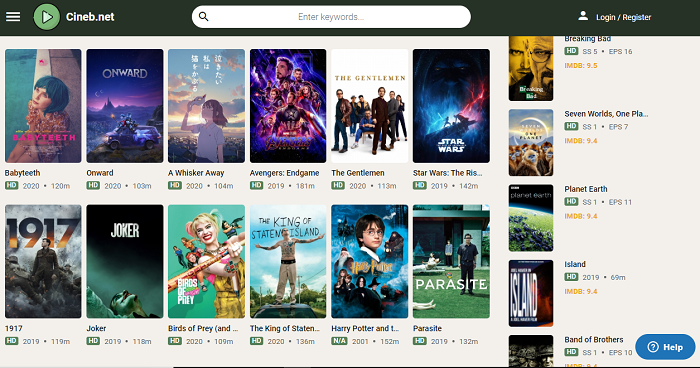
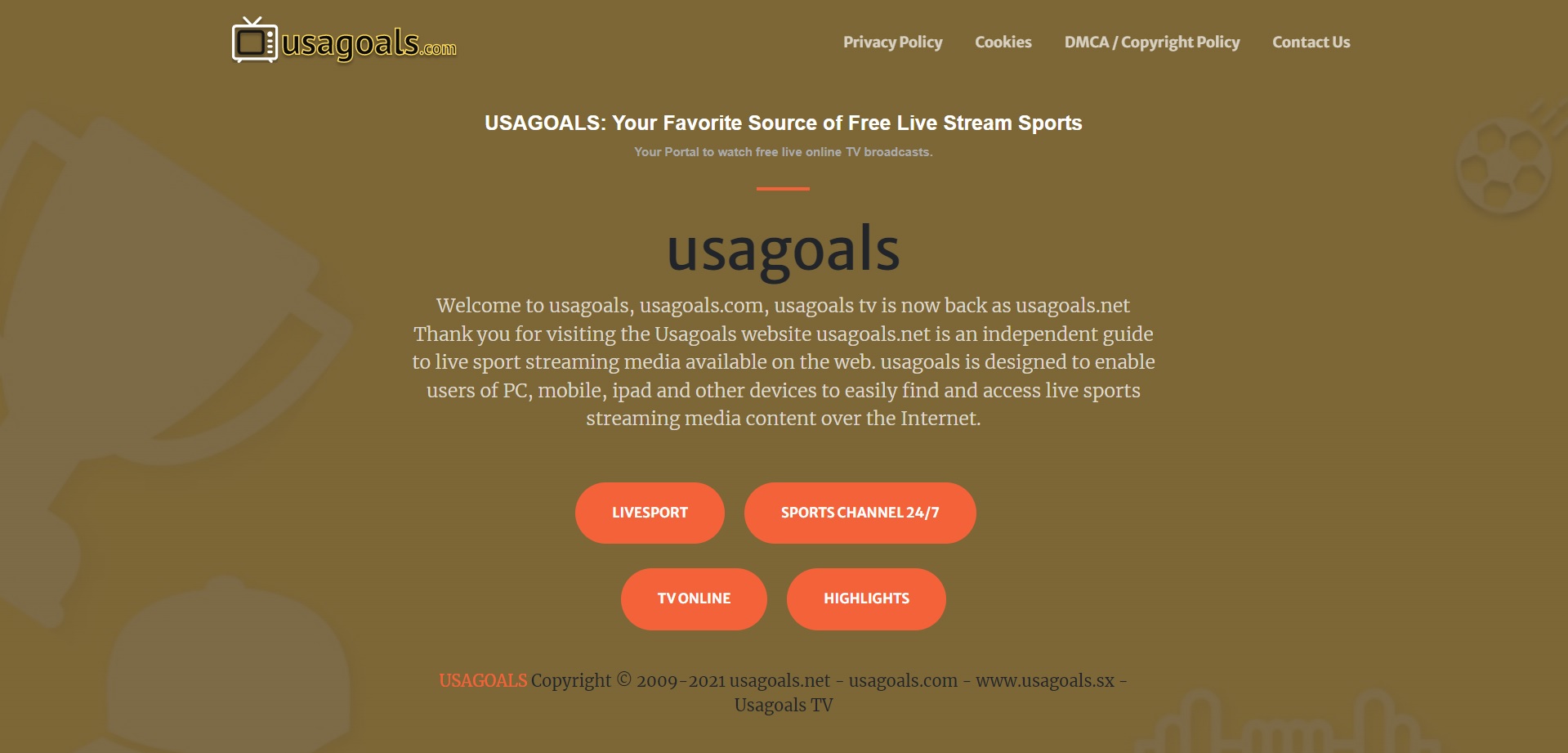

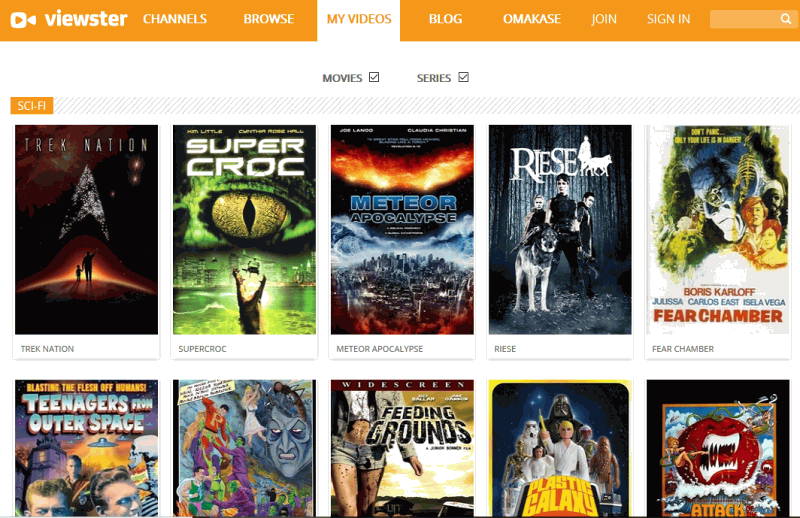
Add Comment